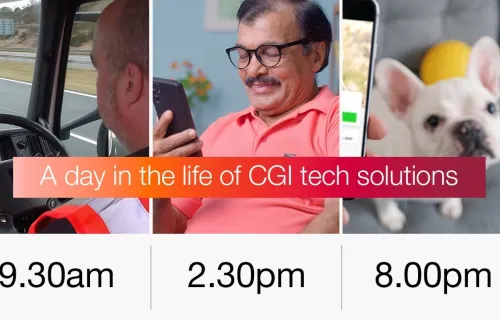While for many of us a few months ago the focus was on searching the internet for face masks, talking to our extended families via video conference and looking out for essential foods at local stores or online, thoughts have now turned to what life will be like when we emerge from this pandemic and how our behaviours will change.
The pandemic will change our world for years after the virus disappears, causing consumers to rethink their purchase decisions and fuel retailers will need to respond to life in the ‘new normal’. No one has a crystal ball to tell us what the future will hold. However, while there are still many unknowns we can expect social distancing, new customer demands and behaviours, as well as a weakening financial picture to be at the centre of the changes.
In the fuel retail world, we have already experienced some changes in customer behaviour during the lockdown. Although almost all locations have experienced a decline in fuel and non-fuel sales, we have seen a trend where the number of items and value of the baskets have increased. PDI, a leading service provider to the fuel retail industry, has noted the trend that independent fuel retailers seem to have fared better during lockdown. The reason for this is not yet understood, but it is plausible that these sites have been able to switch services and products more quickly to address the needs of their local customers.
As for other retailers, meeting the customer needs and expectations is central to the future success for fuel retailers. The industry has invested heavily in engaging and understanding their target customer base, but in the post Covid-19 world, we are likely to have to address some new customer types and behaviours:
- Essential worker customers – For medical staff, retail workers and many more, the experience of lockdown has meant some changes, but in the main, they have continued to engage with the world. This group have been at the forefront of the pandemic, and although they have been the most likely to be directly impacted, they have been required to continue with a more traditional way of life. With this in mind, these customers are more likely to return to normal behaviours more quickly and less likely to be influenced by new services or offerings.
- ‘Let’s move on’ customers – Those who have been at home and observing lockdown, but once the unlock happens, they quickly return to their previous routine and behaviours. Although these customers are less likely to focus on new services, it is still important to ensure these customers are engaged via communication channels to remind and encourage them to use your fuel retail sites.
- Anxious customers – For these customers the world now seems like a new and dangerous place. In many cases, they have avoided going out and have switched their consumer spending to online channels. Although some will have underlying health conditions deeming them to be more at risk from Covid-19, the vast majority will not, but instead their new behaviour is driven by their anxiety and the threats the virus poses today and in the future. Although the scale of the anxiety of this group will vary, it is expected that a large section of our communities will fall in some way into this group, changing long term consumer habits and expectations.
Moving quickly to address the needs of your local customer base has never been more important. As we move through this pandemic is it vital to understand the individual needs of your customer and respond quickly to these needs to ensure they remain loyal. The pandemic has shown how quickly people and business can respond, so if we can’t meet the needs of the customer, then somebody else will.
In our next blog on loyalty, we will provide some further insight on the importance of two-way communication channels with your customers and the need to constantly monitor your customers’ changing needs and expectations.
Contact us for more information or to discuss how CGI can support your business.





